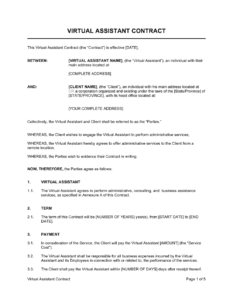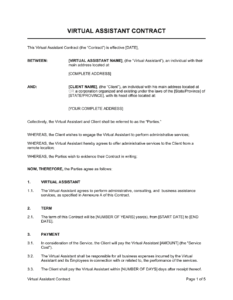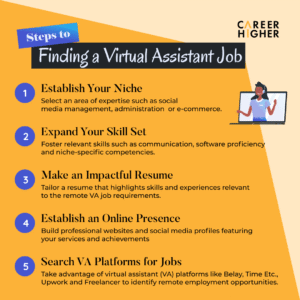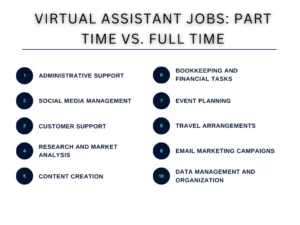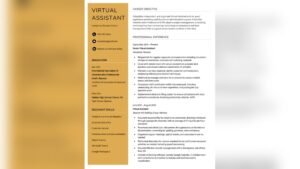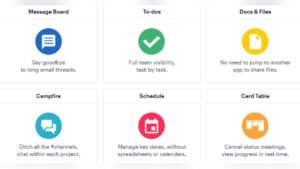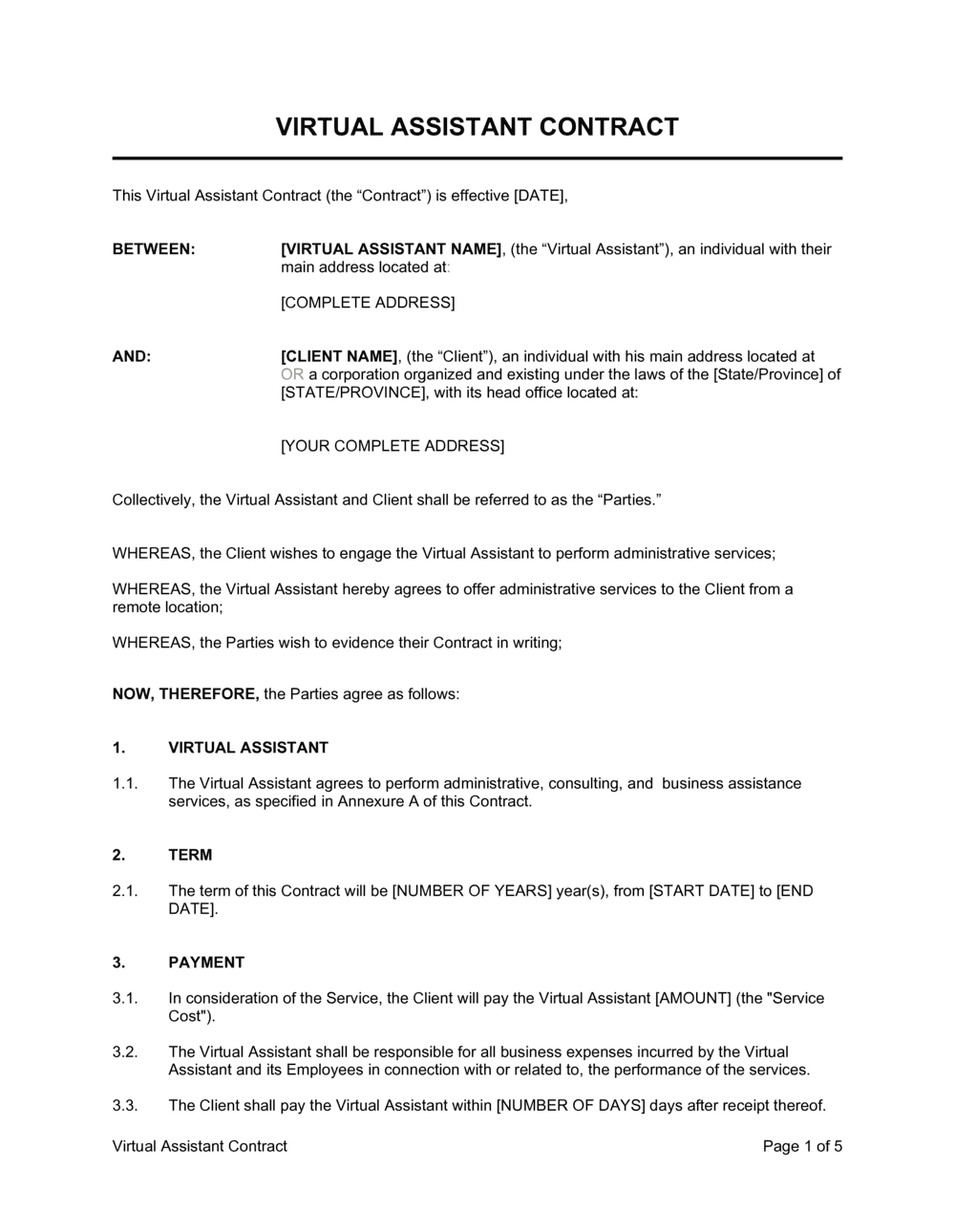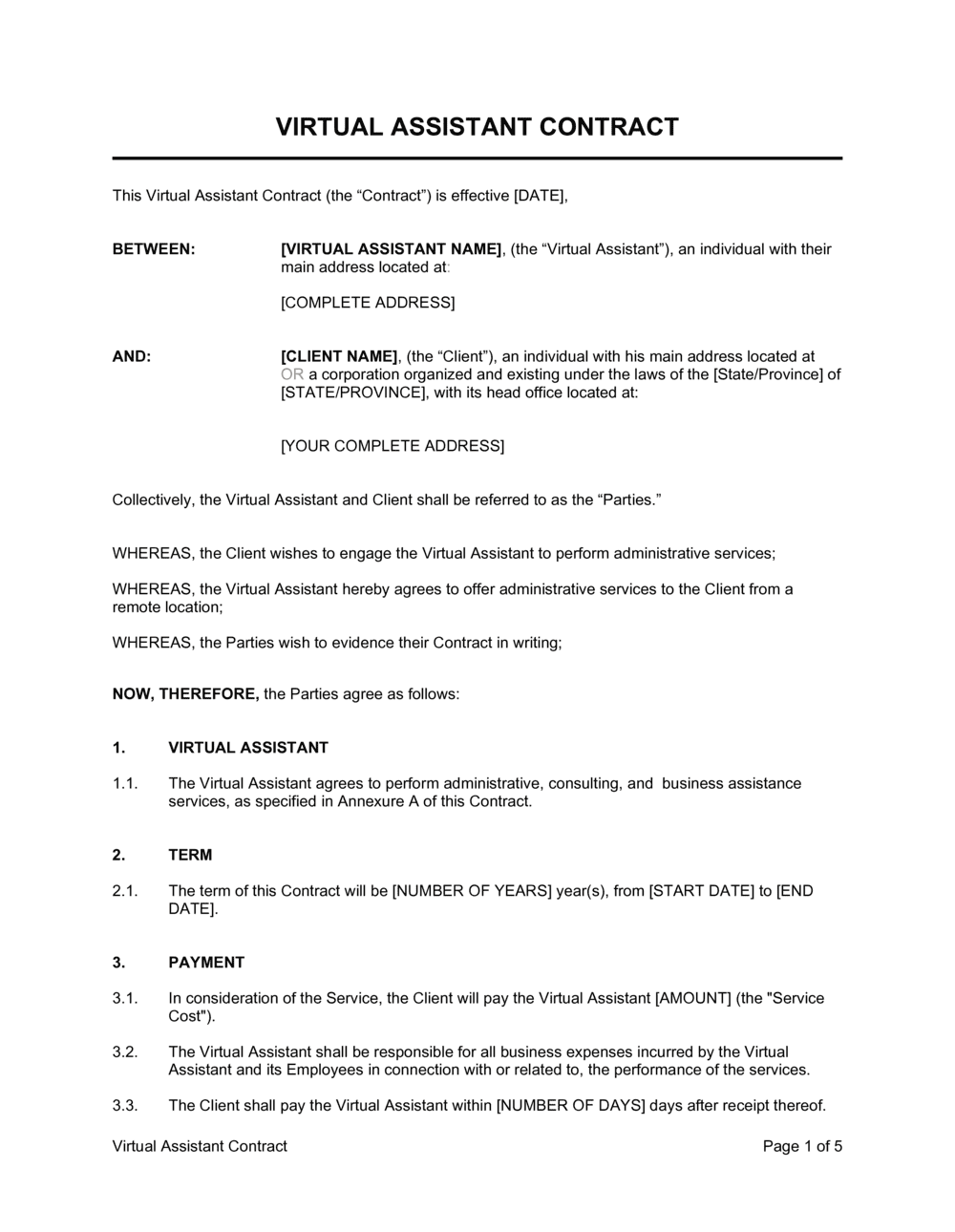Remote work is more popular than ever. It’s changing the way we work.
Remote work life offers flexibility and freedom. You can work from anywhere, avoid long commutes, and manage your own schedule. But, it’s not just about working in pajamas. It requires discipline and good habits. With the right approach, remote work can boost productivity and work-life balance. Many people are finding success and satisfaction in this new way of working. Whether you’re new to remote work or looking to improve your routine, there are plenty of tips and resources to help you. For example, you can find reliable remote job opportunities on FlexJobs. Ready to explore the remote work life? Let’s dive in!

Credit: www.thehrdirector.com
Introduction To Remote Work Life
Remote work is changing the way we live and work. Many people now prefer working from home. This trend is growing fast. Let’s explore what remote work life is all about.
Understanding The Rise Of Remote Work
Remote work has become very popular in recent years. Many companies now offer remote work options. This shift has many reasons:
- Advances in technology
- Better internet connectivity
- Desire for work-life balance
- Cost savings for companies
These factors contribute to the rise of remote work. It provides flexibility and freedom to employees.
Purpose And Scope Of The Article
This article aims to provide a clear understanding of remote work life. We will cover:
- What is remote work?
- Benefits of remote work
- Challenges of remote work
- Best practices for remote work
By the end of this article, you will have a solid grasp of remote work life. You will learn how to make the most of working remotely.
Creating A Productive Home Workspace
Remote work offers flexibility but requires a well-thought-out workspace. A productive home workspace can improve focus and efficiency. Here, we will explore how to create such a space with the right location, essential equipment, and attention to ergonomics and comfort.
Choosing The Right Location
Location is key to a productive home workspace. Choose a quiet area away from household distractions. Natural light can boost mood and productivity. If possible, set up near a window. Ensure good ventilation to keep the space fresh.
Essential Equipment And Tools
Having the right equipment is crucial. Here are some essentials:
- Computer: A reliable computer or laptop.
- High-speed Internet: Stable internet connection for smooth communication.
- Desk: A sturdy desk with enough space.
- Chair: An adjustable, comfortable chair.
- Monitor: An external monitor to reduce eye strain.
- Keyboard and Mouse: Ergonomic options for ease of use.
Invest in good quality tools to enhance productivity.
Ergonomics And Comfort
Comfort is essential for long hours at work. Ergonomic setup can prevent strain and injury.
| Aspect | Recommendation |
|---|---|
| Chair Height | Feet flat on the floor, thighs parallel. |
| Monitor Position | Top of the screen at eye level. |
| Keyboard and Mouse | Wrists straight, hands at or below elbow level. |
| Lighting | Soft light, avoid glare on the screen. |
Small adjustments can make a big difference. Take breaks to stretch and move around. A comfortable workspace promotes better work habits and health.
Effective Time Management Strategies
Remote work offers flexibility but managing your time can be challenging. Effective time management strategies can help you stay productive and balanced. Here are some proven methods to enhance your time management skills.
Setting A Daily Routine
Creating a daily routine can provide structure to your workday. Begin by setting a consistent start and end time. This helps to separate work from personal time. Incorporate regular breaks to avoid burnout.
- Start your day with a morning ritual (e.g., exercise, coffee, reading).
- Plan your tasks for the day and prioritize them.
- Set specific times for lunch and short breaks.
Time Blocking Techniques
Time blocking is a powerful technique for managing your tasks. Divide your day into blocks of time, each dedicated to a specific task or group of tasks. This helps to minimize distractions and improve focus.
| Time Block | Task |
|---|---|
| 9:00 AM – 10:00 AM | Email and Communication |
| 10:00 AM – 12:00 PM | Project Work |
| 1:00 PM – 3:00 PM | Meetings |
| 3:00 PM – 5:00 PM | Review and Planning |
Utilizing Productivity Apps
Productivity apps can be valuable tools for remote workers. They help you stay organized and track your progress. Here are some popular options:
- Trello: Ideal for project management and task tracking.
- Asana: Great for team collaboration and task assignments.
- RescueTime: Tracks your time spent on different activities.
Choose the app that best suits your needs and integrate it into your daily routine.

Credit: www.quantumworkplace.com
Balancing Work And Personal Life
Remote work offers flexibility but can blur the line between work and personal life. Striking a balance is crucial for maintaining productivity and well-being. Here are some strategies to help you manage both effectively.
Establishing Boundaries
Set clear boundaries between work time and personal time. Designate a specific workspace in your home. This helps to mentally separate work from relaxation. Inform family members about your work hours. This reduces interruptions and maintains focus.
- Have a dedicated workspace
- Set work hours and stick to them
- Communicate your schedule with family
Incorporating Breaks And Downtime
Regular breaks enhance productivity and reduce stress. Use techniques like the Pomodoro method to manage your time. Schedule short breaks after every 25 minutes of work. Plan longer breaks for meals and exercise. Downtime activities like reading or walking can help you recharge.
- Take regular short breaks
- Plan longer breaks for meals
- Incorporate downtime activities
Managing Family And Household Responsibilities
Balancing work and home responsibilities requires planning. Create a daily schedule that includes both work tasks and household chores. Delegate tasks to family members when possible. Use tools like calendars or apps to keep track of responsibilities. This helps to ensure nothing is overlooked.
| Task | Responsible Person | Time |
|---|---|---|
| Work Tasks | Self | 9 AM – 5 PM |
| Household Chores | Family Members | Evenings |
Using these strategies can help you create a balance that enhances both your professional and personal life. This balance is essential for long-term success and happiness.
Staying Connected With Your Team
Remote work life has its perks, but staying connected with your team can be a challenge. Maintaining strong communication is essential for productivity and team cohesion. Here are some tips to help you stay connected with your team effectively.
Communication Tools And Platforms
Choose the right tools for seamless communication. Here are some popular options:
- Slack: Perfect for quick messages and group chats.
- Zoom: Ideal for video conferences and virtual meetings.
- Microsoft Teams: Great for integration with other Microsoft Office tools.
- Trello: Useful for project management and tracking tasks.
These tools help in maintaining a continuous flow of information and prevent misunderstandings.
Virtual Meetings Best Practices
Virtual meetings are a staple in remote work. Follow these best practices to make the most of them:
- Set Clear Agendas: Outline the topics to be discussed.
- Test Your Equipment: Check your internet, camera, and microphone before the meeting.
- Be Punctual: Join the meeting on time to respect everyone’s schedule.
- Engage Actively: Participate in discussions and ask questions when needed.
- Mute When Not Speaking: Reduce background noise and distractions.
Implementing these practices ensures productive and efficient virtual meetings.
Building Team Cohesion Remotely
Building team cohesion remotely requires intentional effort. Here are some strategies:
- Regular Check-ins: Schedule daily or weekly check-ins to stay updated.
- Virtual Team-building Activities: Engage in online games, quizzes, and challenges.
- Celebrate Milestones: Acknowledge and celebrate team achievements and birthdays.
- Encourage Informal Chats: Create channels for non-work-related conversations.
These strategies help in fostering a sense of community and belonging within the team.
By using the right tools, following best practices for virtual meetings, and building team cohesion, you can stay connected with your team and enhance your remote work experience.
Mental And Physical Well-being
Remote work offers great flexibility, yet it can also challenge mental and physical well-being. This section explores how to address isolation, incorporate physical activity, and manage stress.
Addressing Isolation And Loneliness
Isolation and loneliness are common issues in remote work. To stay connected, engage in:
- Regular virtual meetings with colleagues
- Online communities and forums
- Virtual coffee breaks or happy hours
Creating a virtual support network can combat loneliness. Communicate openly about feelings. Use tools like Slack or Zoom to facilitate conversations.
Incorporating Physical Activity
Physical activity is essential for overall health. Here are ways to stay active:
- Set a timer for hourly stretch breaks
- Take short walks during lunch breaks
- Use a standing desk or balance ball chair
Consider online workout classes. Many are free and accessible. Yoga, pilates, and cardio can be done with minimal space.
Mindfulness And Stress Management Techniques
Mindfulness and stress management are vital. Techniques include:
- Deep breathing exercises
- Short meditation sessions
- Journaling thoughts and feelings
Apps like Headspace or Calm provide guided sessions. Even five minutes can make a difference. Practice mindfulness consistently for better results.
Overcoming Common Remote Work Challenges
Remote work offers flexibility and convenience, but it also brings challenges. From distractions to technical issues, remote workers face unique hurdles. Here, we address common remote work challenges and provide practical solutions.
Dealing With Distractions
Distractions at home can hamper productivity. Here are some tips to stay focused:
- Create a dedicated workspace: Set up a quiet area for work.
- Set boundaries: Inform family members about your work hours.
- Use noise-canceling headphones: Block out background noise.
- Take regular breaks: Schedule short breaks to refresh your mind.
- Limit social media: Use tools to block distracting websites.
Maintaining Motivation
Staying motivated while working remotely can be tough. Consider these strategies:
- Set daily goals: Break tasks into manageable steps.
- Stick to a routine: Maintain a consistent work schedule.
- Stay connected: Communicate regularly with your team.
- Reward yourself: Celebrate small achievements.
- Exercise regularly: Physical activity boosts energy levels.
Technical Issues And Solutions
Technical problems can disrupt remote work. Here are some common issues and solutions:
| Issue | Solution |
|---|---|
| Slow internet | Upgrade your internet plan or use a wired connection. |
| Software glitches | Keep your software up to date and restart your computer regularly. |
| Hardware issues | Ensure your devices are in good working condition and have backups. |
| Data security | Use VPNs and strong passwords to protect your information. |
By addressing these challenges, remote work can become a more productive and enjoyable experience.
Pros And Cons Of Remote Work
Remote work has become a popular choice for many professionals. It offers flexibility and convenience. But it also has its own set of challenges. Let’s explore the pros and cons of working from home.
Advantages Of Working From Home
Remote work has several advantages that can improve your work-life balance and productivity.
- Flexibility: You can set your own schedule. This allows you to work during your most productive hours.
- No Commute: Save time and money by eliminating the daily commute. This also reduces stress and contributes to a healthier lifestyle.
- Cost Savings: Reduce expenses on transportation, meals, and work attire.
- Increased Productivity: Many find they are more productive at home. Fewer distractions and a comfortable environment contribute to this.
- Better Work-Life Balance: Spend more time with family. Balance your personal and professional life more effectively.
Potential Drawbacks And How To Mitigate Them
Despite the benefits, remote work has its drawbacks. Here are common challenges and solutions to mitigate them:
- Isolation: Working from home can be lonely. Solution: Schedule regular virtual meetings with colleagues. Join online communities or local coworking spaces.
- Distractions: Home environments can be distracting. Solution: Create a dedicated workspace. Set boundaries with family members during work hours.
- Work-Life Boundaries: It can be hard to switch off. Solution: Set a strict work schedule. Use tools to help you manage your time effectively.
- Communication Issues: Remote work can affect team communication. Solution: Use reliable communication tools. Ensure regular check-ins with your team.
- Lack of Motivation: Staying motivated can be tough. Solution: Set clear goals and reward yourself for meeting them.
By understanding these pros and cons, you can make remote work more effective and enjoyable.
Specific Recommendations For Ideal Remote Work Scenarios
Remote work offers flexibility and convenience, but it also requires discipline and effective strategies. Below are specific recommendations to help remote professionals, newcomers, and managers create an ideal remote work environment.
Best Practices For Remote Professionals
- Set a Dedicated Workspace: Choose a quiet and comfortable spot for work.
- Establish a Routine: Maintain regular work hours to stay productive.
- Take Regular Breaks: Use short breaks to refresh your mind.
- Stay Connected: Use video calls and messaging apps to stay in touch with colleagues.
- Leverage Technology: Use project management tools for better collaboration.
Tips For Remote Work Newbies
- Start with Small Goals: Set achievable daily targets to build momentum.
- Learn to Communicate Effectively: Be clear and concise in your messages.
- Seek Feedback: Ask for regular input from your manager to improve.
- Invest in Good Equipment: Ensure you have a reliable computer and internet connection.
- Stay Organized: Use to-do lists to keep track of tasks.
Advice For Remote Team Managers
| Strategy | Details |
|---|---|
| Set Clear Expectations | Define roles, responsibilities, and deadlines clearly. |
| Promote Team Bonding | Organize virtual team-building activities. |
| Provide Regular Feedback | Offer constructive feedback to help team members improve. |
| Encourage Work-Life Balance | Support flexible work hours and discourage overworking. |
| Use the Right Tools | Equip your team with the best software for remote work. |
Credit: www.galacticfed.com
Frequently Asked Questions
How Can I Make $1000 A Week Working From Home?
To make $1000 a week from home, try freelancing, remote consulting, online tutoring, selling products, or affiliate marketing. Focus on high-demand skills.
Is Remote Work Dead In 2024?
No, remote work is not dead in 2024. Many companies still offer flexible work options to employees.
Is Remote Work Mentally Healthy?
Remote work can be mentally healthy with proper boundaries. It reduces commute stress and offers flexibility, but requires good work-life balance.
Is It A Good Idea To Work Remotely?
Yes, working remotely can be a good idea. It offers flexibility, saves commute time, and can boost productivity.
Conclusion
Remote work offers flexibility and balance. It suits many lifestyles and needs. Exploring remote job options can be rewarding. One great resource is Flexjobs. They provide a reliable platform for finding remote jobs. Say goodbye to scams and junk listings. Start your remote work journey today and enjoy the benefits.
Ms.Sultana brings over 16 years of expertise working with global Clients by providing different skills and Services. For the last 5 years working as an Affiliate marketer, specializing in high-ticket campaigns that drive exponential growth. She holds a degree in Computer Science and Engineering as well as achieved many more skills certificates from different institute/academies/Platform. As part of the Elite Global Marketing team, Sultana has helped clients generate millions in revenue through strategic partnerships, innovative funnels, and data-driven insights.




